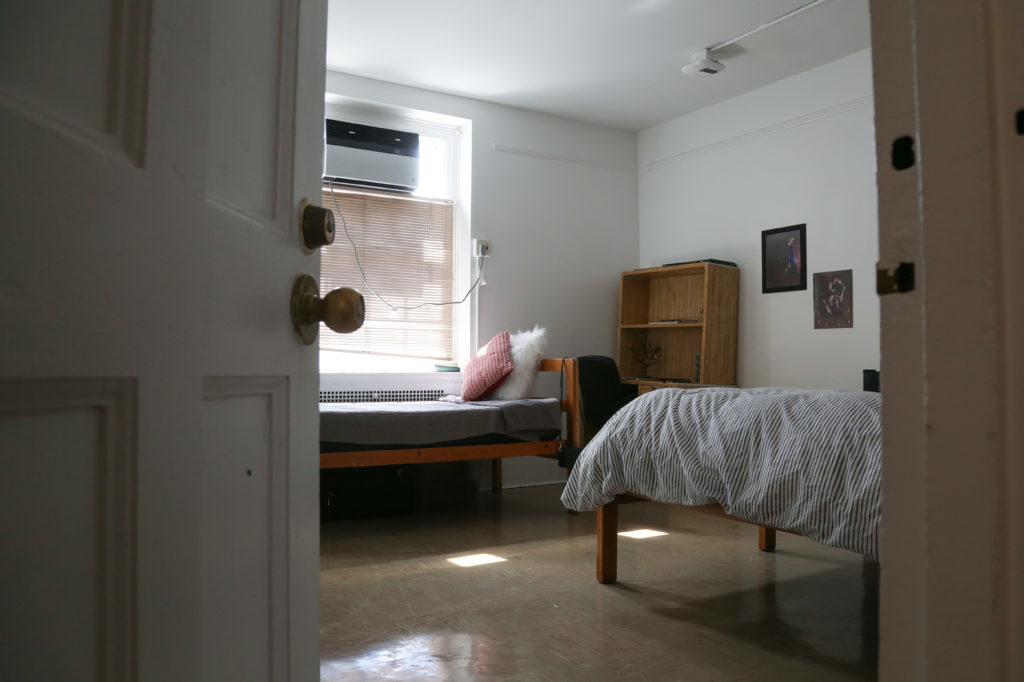Roommates are a major part of college, just like the all-nighters and the late-night junk food.
While living in such close proximity to others, you’re bound to disagree. Roommate issues transcend all living arrangements from cramped Thurston Hall quads to luxurious Potomac House doubles. Whether you picked your roommates or went random, conflicts are still inevitable.
Roommate problems don’t always arise until a few weeks in, but it’s best to address issues before it’s too late. Talking to your resident advisor in these situations can help, but here are some tips to try before you bring in a third party.
If they don’t clean common spaces…
Everyone is on their best behavior for the first few weeks of freshman year, but you might find that as your roommate settles in, they stop cleaning their messes and avoid tidying up the common space.
To solve this, start by setting an example and make an effort to take out the trash and clean while they’re in the room with you. Next time you go to wipe the sink down, ask your roommate to come help and have the supplies laid out so it’s easy and less confrontational. If you casually ask them to do something like spray down the shower once you’re done cleaning the sink, it makes it difficult for them to say no.
As a last resort, ask your roommate if you should rewrite the roommate agreement, which RAs require students complete during the first few weeks of school. But keep in mind that much of the disagreement on cleaning habits has to do with personal expectations, and though it doesn’t seem fair, you might have to put in more cleaning work to have the cleanliness you want.
If they bring people over when you need peace and quiet…
There’s nothing worse than retreating back to your dorm after a long day only to find that your roommate has people hanging out in your cramped dorm room, which means they’ll be chatting just feet away from your study space.
If this is a recurring event with your roommate constantly having the same person over, ask your roommate to head to their friend’s room instead and provide a reason for why you need the quiet space for yourself. Mentioning that you need to study before they bring people over can prevent tension in your tiny room.
Although the easiest solution is to relocate to Gelman Library or a study room – that’s not always feasible and you don’t want to constantly leave your room. The first few times they have friends over, head to a designated study space. But if you’re constantly being kicked to the curb, it might be time for a conversation about the problem.
If they always want to know your every move…
Having a clingy or nosy roommate is the last thing you want when you get to college. Although roommates are a great way to make fast friends when you first arrive on campus, sometimes the intimacy can backfire.
The best thing you can do when you have a nosy roommate is to answer their question about your plans concisely and then leave the room. If they ask what your plans are for the night, respond with exactly what you’re doing and then say “have a good night.” It’s the best way to get to the point and get on with your evening. Avoiding the situation or lying about what you’re up to will only cause problems, but closing the conversation with well wishes will keep you off the hook.
Don’t dwell in your possible plans if you don’t intend to invite your roommate along. Rambling on about what you might be doing gives your unwanted guest the opportunity to ask for an invite. If you’re sure you don’t want them to tag along, then be straightforward about being busy to avoid awkwardness.





